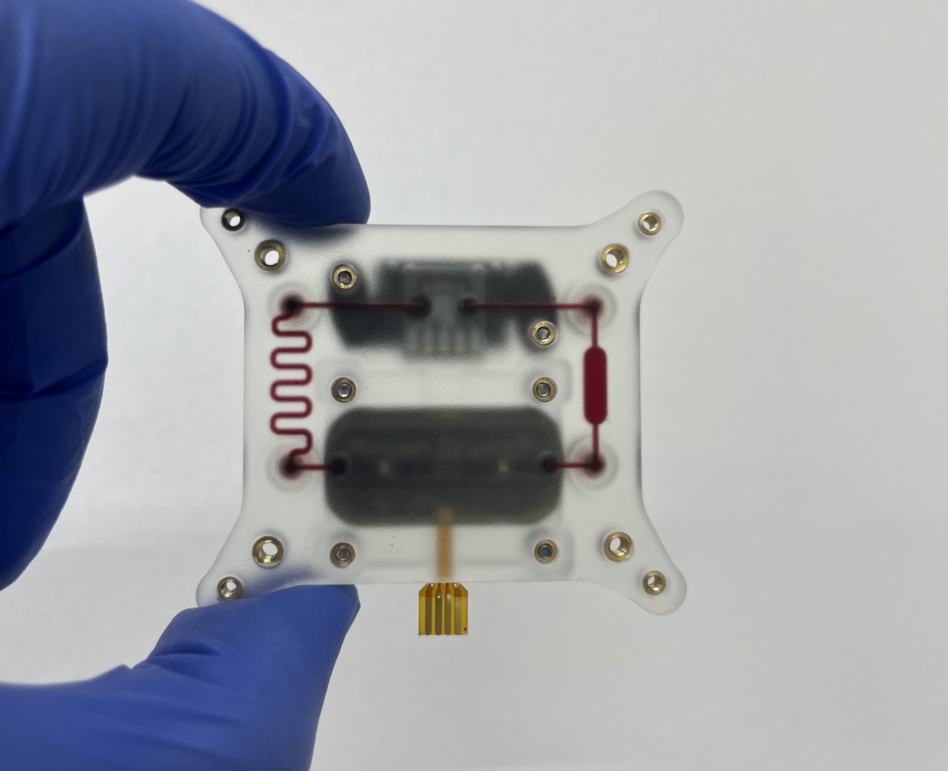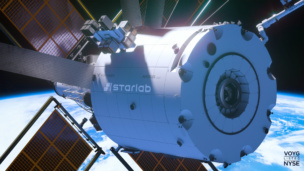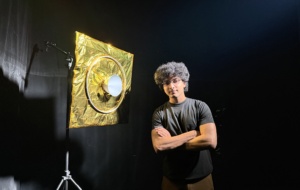While Europe made strides in standing up its sovereign launch capabilities, it’s long had to rely on the US and Russia to bring things home safely—that is, until now.
ATMOS Space Cargo, the German company leading the charge for reentry services on the continent, launched its first reentry capsule to orbit this week aboard the SpaceX Bandwagon-3 mission.
Four payloads hitched a ride on the Phoenix-1 reentry vehicle: The publicly released ones include a radiation detector from DLR; a micro imaging device from IDDK, a Japanese biotech firm; and a miniature bioreactor from UK-based Frontier Space.
Weird science: Frontier’s first mission is designed to test key components of its lab-in-a-box bioreactor, including its microfluidics chip and its onboard optical imaging system. The mission will also evaluate Frontier’s ability to transport and store microorganisms in microgravity.
The long-term vision is to give astronauts the ability to manufacture the food and medicine they’ll need, instead of packing tons of shelf-stable supplies for long journeys, whether in LEO or deep space.
“Imagine, when you go to the Moon and Mars, you don’t need to carry all the raw materials from Earth because it’s going to be expensive. You can carry a few milligrams of microbes, grow them, and then get your pharmaceutical ingredients,” Aqeel Shamsul, Frontier Space’s CEO, told Payload.
If Frontier’s tech takes off, it could spell the end of freeze-dried astronaut food. Future space travelers could enjoy freshly-printed meals, vitamins, medicine, and biofuel with the help of the lab-in-a-box.
Cost covering: The company is pushing forward on other streams of revenue to keep the lights on while those use cases materialize, including off-Earth R&D for pharmaceutical companies.
Getting in-space manufactured drugs approved for human consumption is uncharted territory, but the company has identified several drugs its bioreactors can help manufacture down the line.
“The challenge that we face in this new industry is not really technology…it’s actually economics,” Shamsul said. “We’ve identified internally several drugs that can really benefit from this innovation. That means that we just need to manufacture, let’s say, one gram of it—and that can already cover its own mission costs, and fixed costs.”
Correction: This story has been updated to correct the spelling of the name of Frontier CEO, Aqeel Shamsul.




